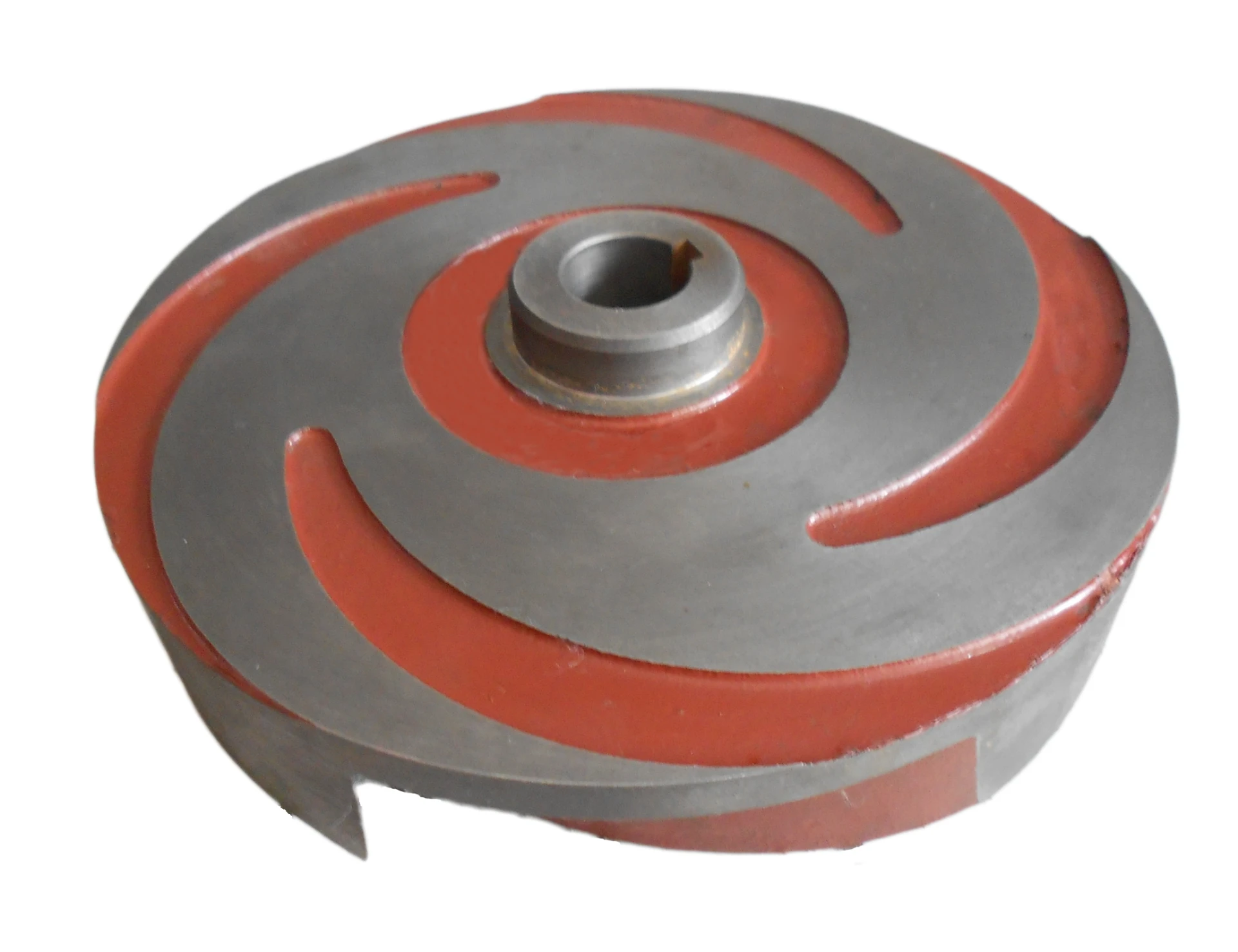Mobile:+86-311-808-126-83
Email:info@ydcastings.com
Italian
water jet impeller
Understanding the Water Jet Impeller A Game-Changer in Marine Propulsion
In the realm of marine propulsion, the water jet impeller stands out as a revolutionary technology that has transformed how vessels navigate through water. This innovative mechanism is particularly beneficial for high-speed boats, ferries, and even some types of ships, providing a unique blend of efficiency and performance. This article will explore the principles behind water jet impellers, their advantages, applications, and potential future developments.
What is a Water Jet Impeller?
A water jet impeller is a component of a water jet propulsion system that propels a vehicle forward by expelling water at high speeds. The impeller is typically a rotor equipped with blades designed to move water from the intake, where water enters the system, through a pump, and then eject it through a nozzle. This process creates thrust, propelling the vessel in the opposite direction due to Newton's third law of motion.
Principles of Operation
The water jet impeller operates through a straightforward but effective principle. Initially, water is drawn into the system through an intake, where it is filtered to remove debris and foreign particles. Once inside the pump, the impeller's blades rotate at high speeds, imparting kinetic energy to the water. The water is then directed through a nozzle, which narrows the flow and increases the velocity of the exiting water. The exiting high-velocity jet creates a reactive force that moves the boat forward.
Advantages of Water Jet Impellers
1. High Maneuverability One of the most significant advantages of water jet propulsion is the high maneuverability it offers. Vessels equipped with water jet impellers can change direction rapidly and execute sharp turns, making them ideal for operating in shallow waters or crowded ports.
2. Shallow Draft Operation Water jet systems do not require the large, exposed propeller systems that traditional propellers do. This allows vessels to operate in shallower waters, reducing risks of grounding and allowing access to areas where conventional boats cannot venture.
3. Reduced Risk of Damage The lack of external propellers minimizes the chances of damage from underwater obstacles. This design feature is particularly beneficial in environments where debris and marine growth are prevalent.
water jet impeller

4. Increased Efficiency and Speed Water jet impellers are known for their efficient conversion of engine power into thrust. They can achieve higher speeds compared to traditional propeller systems, making them an excellent choice for high-performance craft.
5. Enhanced Safety The enclosed nature of the jet system reduces the risk of injury from exposed propellers, making it safer for swimmers and marine wildlife around the vessel.
Applications
Water jet impellers are used in various applications, ranging from recreational boats and jet skis to commercial ferries and military vessels. They are particularly popular in fast passenger ferries, rescue boats, and offshore support vessels due to their superior speed and agility. Moreover, some manufacturers are exploring their use in electric propulsion systems, promising a greener future for marine transport.
Future Developments
As technology advances, so too does the potential of water jet impeller systems. Researchers areincreasingly focusing on improving the efficiency of these systems, looking into new materials and designs that can withstand harsher marine environments. The integration of smart technologies and sensors could lead to even better maneuverability and optimization of fuel consumption.
Additionally, there is a growing interest in hybrid propulsion systems that combine traditional engines with electric drives and water jet propulsion. This could lead to more sustainable navigation methods and lower emissions, aligning marine transport with global sustainability goals.
Conclusion
The water jet impeller represents a significant advancement in marine propulsion technology. Its unique operational principles, combined with numerous advantages, position it as a favorable choice for various vessels. As the industry moves towards more efficient and sustainable technologies, the water jet impeller will likely continue to play a pivotal role in shaping the future of marine transport. Whether in recreational boating or commercial uses, the impact of this technology is undeniable, paving the way for exciting developments in the maritime world.
-
Superior Aluminum Castings in Automotive Engine PartsNewsAug.22,2025
-
Common Materials Used in Fan Housing ManufacturingNewsAug.22,2025
-
Symptoms of a Stuck Automobile Water Pump ImpellerNewsAug.22,2025
-
The Importance of Valve Castings in Water TreatmentNewsAug.22,2025
-
Welding Techniques for End Cap Stainless Steel FittingsNewsAug.22,2025
-
How to Install a Water Pump Connector ProperlyNewsAug.22,2025











